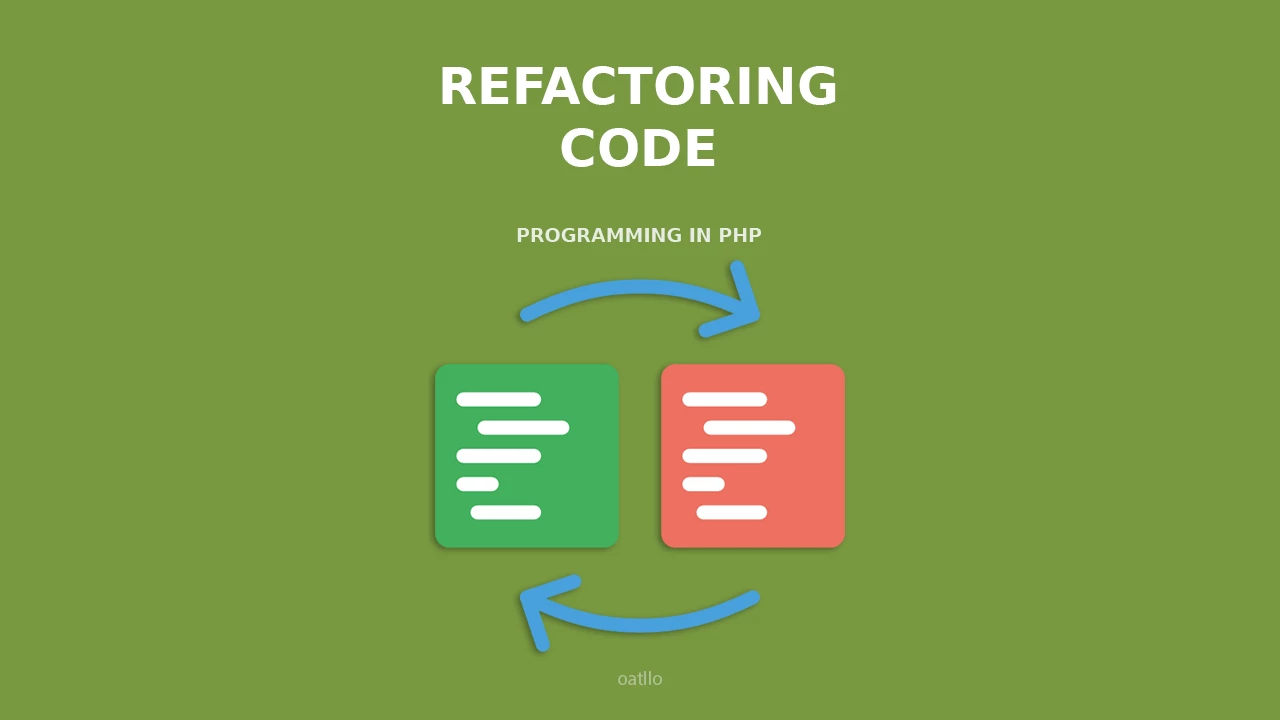Understanding PHP Code Refactoring
PHP code refactoring is the process of restructuring existing computer code without changing its external behavior. This essential practice improves the readability, maintainability, and overall quality of your PHP applications. When you refactor your PHP code, you enhance its performance and make it easier for other developers to understand and collaborate on your project.
Benefits of PHP Code Refactoring
Refactoring PHP code comes with numerous advantages, including:
- Improved Code Quality: Regular refactoring helps eliminate code smells and enhance the overall quality of your applications.
- Increased Performance: Optimizing your code can lead to better performance, reducing load times and improving user experience.
- Enhanced Collaboration: Cleaner code is easier for teams to understand, which fosters better collaboration among developers.
- Easier Maintenance: Refactored code is easier to update and maintain, reducing long-term technical debt.
Common Techniques for Refactoring PHP Code
When it comes to PHP code refactoring, several techniques can be effectively employed:
- Extract Method: Isolate sections of code into independent methods to reduce complexity and improve readability.
- Rename Variables: Use clear and descriptive names for variables and functions to clarify their purpose and improve maintainability.
- Remove Redundant Code: Eliminate unnecessary variables, methods, or classes that serve no purpose to streamline your code.
- Centralize Configuration: Place all configuration settings in a single location to ease updates and changes.
Refactoring Tools for PHP Developers
Utilizing tools can significantly streamline the PHP code refactoring process. Some popular tools include:
- PHPStorm: A powerful IDE that offers code analysis and refactoring features for PHP developers.
- SonarQube: Benefits from continuous inspection of code quality, highlighting areas ready for refactoring.
- PHP CodeSniffer: Helps maintain coding standards and readability by detecting violations.
Best Practices for PHP Code Refactoring
To ensure a successful refactoring process, consider the following best practices:
- Refactor in small steps to minimize risk and allow easier identification of issues.
- Implement comprehensive tests to verify code functionality remains intact after refactoring.
- Document your changes and updates thoroughly for future developers.
Explore the articles below to dive deeper into PHP code refactoring techniques, tools, and best practices that can greatly enhance your development workflow.

